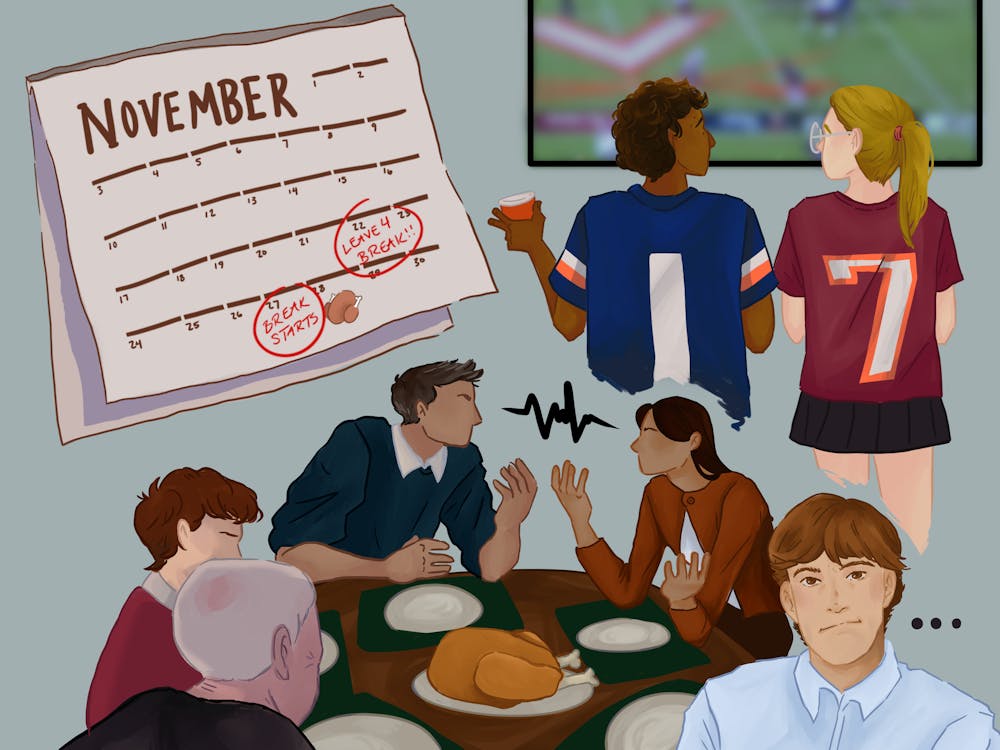For two of the eight hours during my last drive home to New York, I listened to Ted Talk Radio. One talk took up the majority of the time, and the speaker’s message has stayed with me in the weeks since that drive. The conclusion went something like this: stop acting like sleep is an optional luxury.
The talk covered Maslow’s “hierarchy of needs,” a psychological standard cited by many modern professionals. According to Maslow, one of the most famous psychologists of the 20th century, people act because they are motivated to fulfill certain needs. These needs form “Maslow’s Pyramid,” and the higher levels of the pyramid cannot be reached until a person first fulfills the needs at the base of the pyramid.
The pyramid looks like this:
Level 5: Self-actualization
Level 4: Self-esteem
Level 3: Social groups
Level 2: Safety in a community
Level 1: Physiological needs (hunger, thirst, sleep)
At the very top of the pyramid lies “self-actualization,” or, in more clear terms, happiness and fulfillment with one’s life. I assume this is something to which we all aspire. To reach this ultimate achievement, we must first stabilize the bottom four levels.
Notice how sleep is included with the very first level of the pyramid. The TED Talk spent most of its time discussing sleep, and how this basic need often takes a back seat to less important needs because people don’t understand the important role it plays with the rest of our lives.
Until we are rested, we psychologically are never fully appreciative and aware of what happens during the rest of our days. Our emotions are not as full, our observations are not as rich and we don’t find as much joy in average activities as we could if our body had a better quality of rest.
Consider levels three and four: social groups and self-esteem. According to the psychologists on this TED Talk, humans as a species first seek to feel comfortable and stable within a social group, and then can feel comfortable with their own persona. However, neither of these things is possible for someone who is sleep deprived and not stable on level one.
So many college students discuss “all-nighters” like a common occurrence, and think nothing of staying up until the middle of the night and skimping on sleep throughout the week. For one night, this may not have any critical effect, but when losing sleep becomes a common occurrence, a person will hurt other aspects of his or her life.
Successful friendships, relationships, academic achievements and overall confidence levels depend on first fulfilling basic physiological needs — as long as those needs linger, our bodies will force us to focus on that deprivation, preventing us from enjoying our lives to their full extent.
As someone who has trouble sleeping more often than not, the realization that my life is of lower quality with each sleepless night finally made me take this issue seriously. When I look back on my college years, I don’t want to remember half-exhausted days spent dozing off in class or chugging coffee in a desperate attempt to wake up. Hours spent awake become more vibrant, and little moments more enjoyable, when the hours spent asleep become a higher priority.




